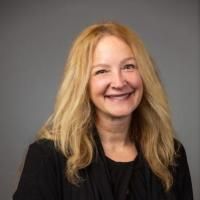WPAs, Writing Programs and the Common Reading Experience
Date
2011
Authors
Journal Title
Journal ISSN
Volume Title
Repository Usage Stats
views
downloads
Abstract
Community colleges, colleges, and universities around the United States are increasingly instituting common reading programs. These often involve pre-matriculate first-year students reading a common text (or set of texts) and then, once on campus, participating in a range of related academic and/or co-curricular activities. While the goals and administrative roles of common reading experiences (CREs) vary by institution, nearly all intersect with writing programs and the work of writing program administrators (WPAs). These intersections are largely unexplored in writing studies scholarship, despite the fact that CREs are closely connected with reading and writing practices of first-year students. This article draws on three divergent WPA experiences with CREs (Duke University, Fort Lewis College, and University of Texas, Arlington) in order to explore the complexities informing how WPAs choose to productively respond to, strengthen, resist, and/or otherwise engage with the CRE.
Type
Department
Description
Provenance
Subjects
Citation
Permalink
Collections
Scholars@Duke

Denise K. Comer
Denise Comer's research interests include composition, nineteenth-century British literature, travel writing, and women's studies. Her current scholarship focuses on issues of the profession in composition and rhetoric, as well as Romantic and Victorian British women's travel writing in India.
Unless otherwise indicated, scholarly articles published by Duke faculty members are made available here with a CC-BY-NC (Creative Commons Attribution Non-Commercial) license, as enabled by the Duke Open Access Policy. If you wish to use the materials in ways not already permitted under CC-BY-NC, please consult the copyright owner. Other materials are made available here through the author’s grant of a non-exclusive license to make their work openly accessible.
